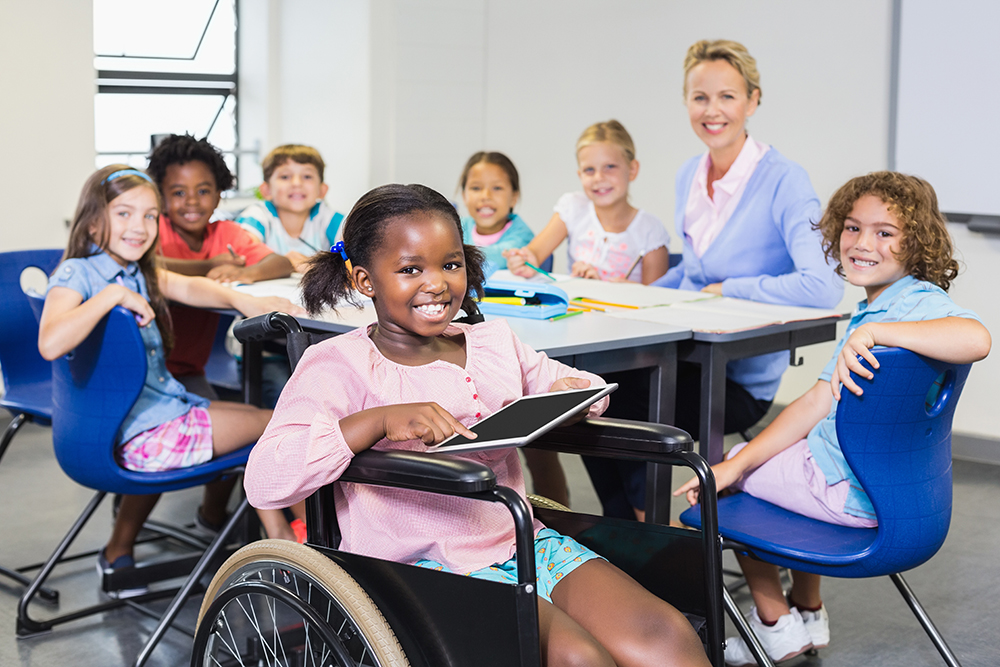Evidence
- Home
- Evidence

Academic Engagement
Empirical evidence indicates that academic engagement among transition-age youth with disabilities can lead to several positive outcomes, including:
- ◉ Improved Academic Achievement: Studies have shown that active participation in academic activities, such as attending classes regularly, completing assignments, and seeking academic support when needed, is associated with improved academic performance among youth with disabilities.
- ◉Higher Graduation Rates: Engaging in academic activities is linked to higher high school graduation rates, which are crucial for future employment and postsecondary education opportunities.
Peer Mentoring and Parent Engagement
Peer mentoring and parent engagement activities play a significant role in the development of transition-age youth with disabilities:
- ◉ Increased Self-Esteem and Confidence: Research suggests that peer mentoring programs can enhance self-esteem and self-confidence among youth with disabilities, as interactions with peers can provide emotional support and a sense of belonging.
- ◉ Better Transition Outcomes: Parent engagement in transition planning and decision-making processes has been associated with improved post-school outcomes, such as higher rates of employment and independent living for youth with disabilities.


Social and Emotional Learning (SEL) and Life Skills
Participating in SEL and life skills programs can have lasting benefits for transition-age youth with disabilities:
- ◉ Enhanced Social Skills: SEL programs have been shown to improve social skills, emotional regulation, and interpersonal relationships among youth with disabilities, leading to more successful interactions in educational and employment settings.
- ◉ Improved Problem-Solving and Decision-Making: Life skills programs can enhance problem-solving abilities, decision-making skills, and the ability to manage daily tasks, contributing to greater independence and success in various life domains.
Career Exploration and Career Development
Participating in career exploration and career development programming and education counseling can significantly impact success in the labor market and postsecondary education:
- ◉ Higher Employment Rates: Research indicates that youth with disabilities who engage in career exploration and development activities are more likely to secure employment after leaving school, and they tend to have higher earnings compared to those who do not participate in such programs.
- ◉ Increased Postsecondary Education Enrollment: Participation in career-related programming is associated with higher rates of enrollment in postsecondary education or vocational training programs, which can lead to better long-term career prospects.

Summary
In summary, empirical evidence consistently demonstrates that academic engagement, peer mentoring, parent engagement, SEL, life skills development, and career-related activities can collectively contribute to improved outcomes for transition-age youth with disabilities. These interventions not only enhance their academic and vocational success but also empower them to lead more independent and fulfilling lives as they transition into adulthood.

